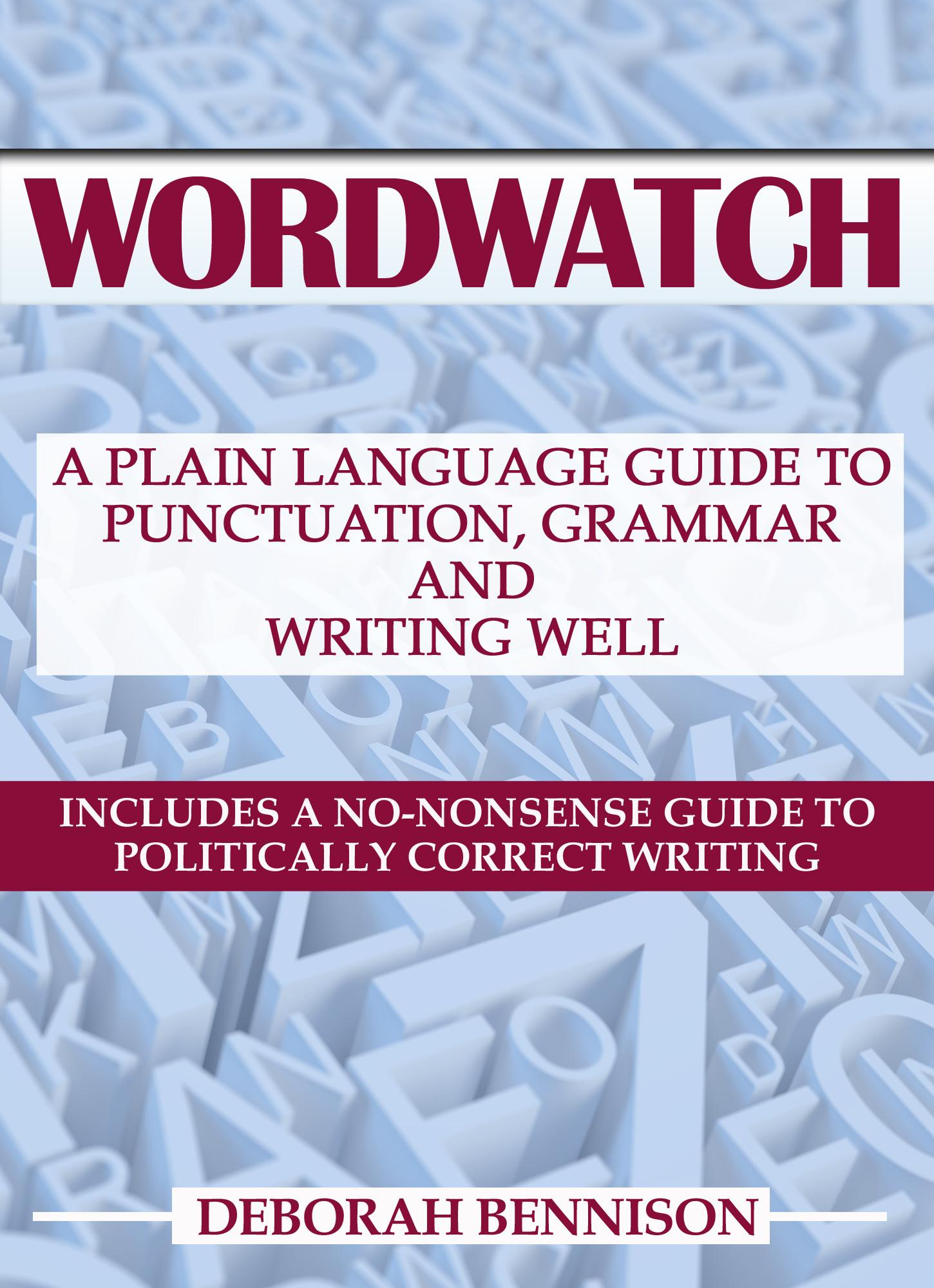
Both of these can be correct.
There is an easy test to apply when deciding if you should use ‘I’ or ‘me’ in a sentence.
Me and my friends
Look at these two sentences:
My father is taking me and my friends out to dinner.
My father is taking my friends and I out to dinner.
In this case, the first sentence is correct. The test is to shorten the sentences:
My father is taking me out to dinner.
My father is taking I out to dinner.
Now you can easily see that the first version is correct. You would not say:
My father is taking I out to dinner.
Therefore, you would not say:
My father is taking my friends and I out to dinner.
The correct version is:
My father is taking me and my friends out to dinner.
My friends and I
A similar test can be applied with the following two sentences:
My friends and I are going out for dinner.
Me and my friends are going out for dinner.
Just shorten the sentences:
I am going out for dinner.
Me is going out for dinner.
You can immediately see that the first version is correct:
I am going out for dinner.
Therefore, the following is correct:
My friends and I are going out for dinner.
However, remember that when speaking or writing in a casual/informal style, it’s not a hanging offence to break these rules!
Further clarification:
The Wordwatch Towers butler has just rushed in (i.e. walking a little faster than standing still) to let me know that there is much discussion on the interwebs about whether or not the person writing/speaking should always place herself or himself second in the sentence.
Some people are asserting that the following sentence is ‘wrong’ because the writer/speaker is mentioned first:
My father is taking me and my friends out to dinner.
Well, to be clear, it isn’t ‘wrong’; it’s correct, as is the following:
My father is taking my friends and me out to dinner.
Similarly, both of the following are correct:
I and my friends are going out for dinner.
My friends and I are going out for dinner.
In summary, you can place ‘I’ or ‘me’ first or second; the choice is entirely yours. Also, see discussion about this in the comments thread below.
More writing guides
Are you looking for an easy-to-understand guide to punctuation, grammar and writing well?
 Did you enjoy this post and find it useful? If so, you might like Wordwatch: A Plain Language Guide to Grammar, Punctuation and Writing Well. It includes:
Did you enjoy this post and find it useful? If so, you might like Wordwatch: A Plain Language Guide to Grammar, Punctuation and Writing Well. It includes:
– easy-to-understand explanations of many aspects of grammar and punctuation that commonly cause confusion; – clear instructions on the correct use of possessive apostrophes, commas, speech marks, hyphens, and semicolons; – definitions of commonly used foreign words and phrases; – clear explanations of word classes, including nouns, adjectives and verbs; and – a brief guide go politically correct writing.
Wordwatch is available as an ebook and in paperback. Buy it from Amazon.com and Amazon UK.
